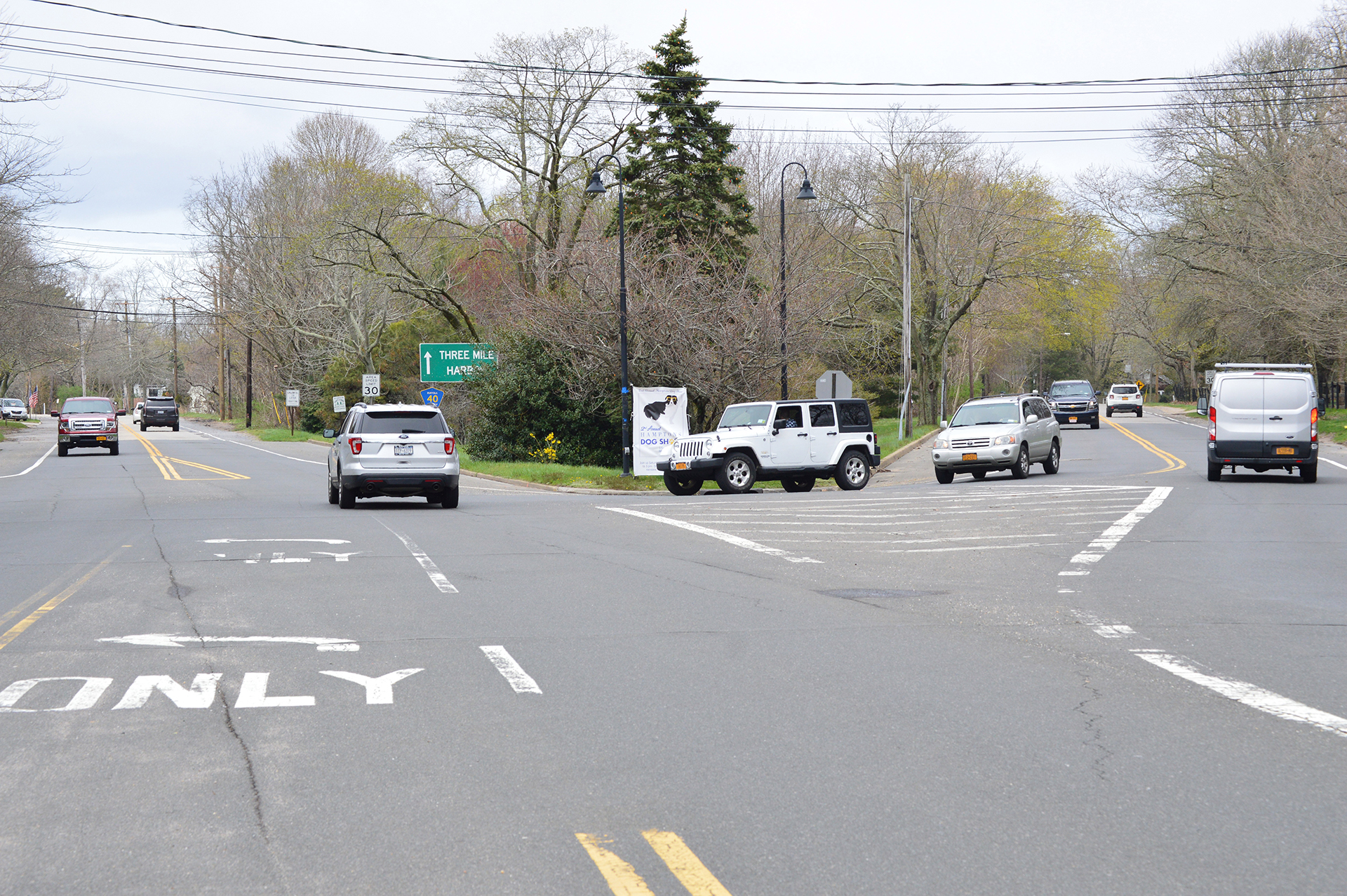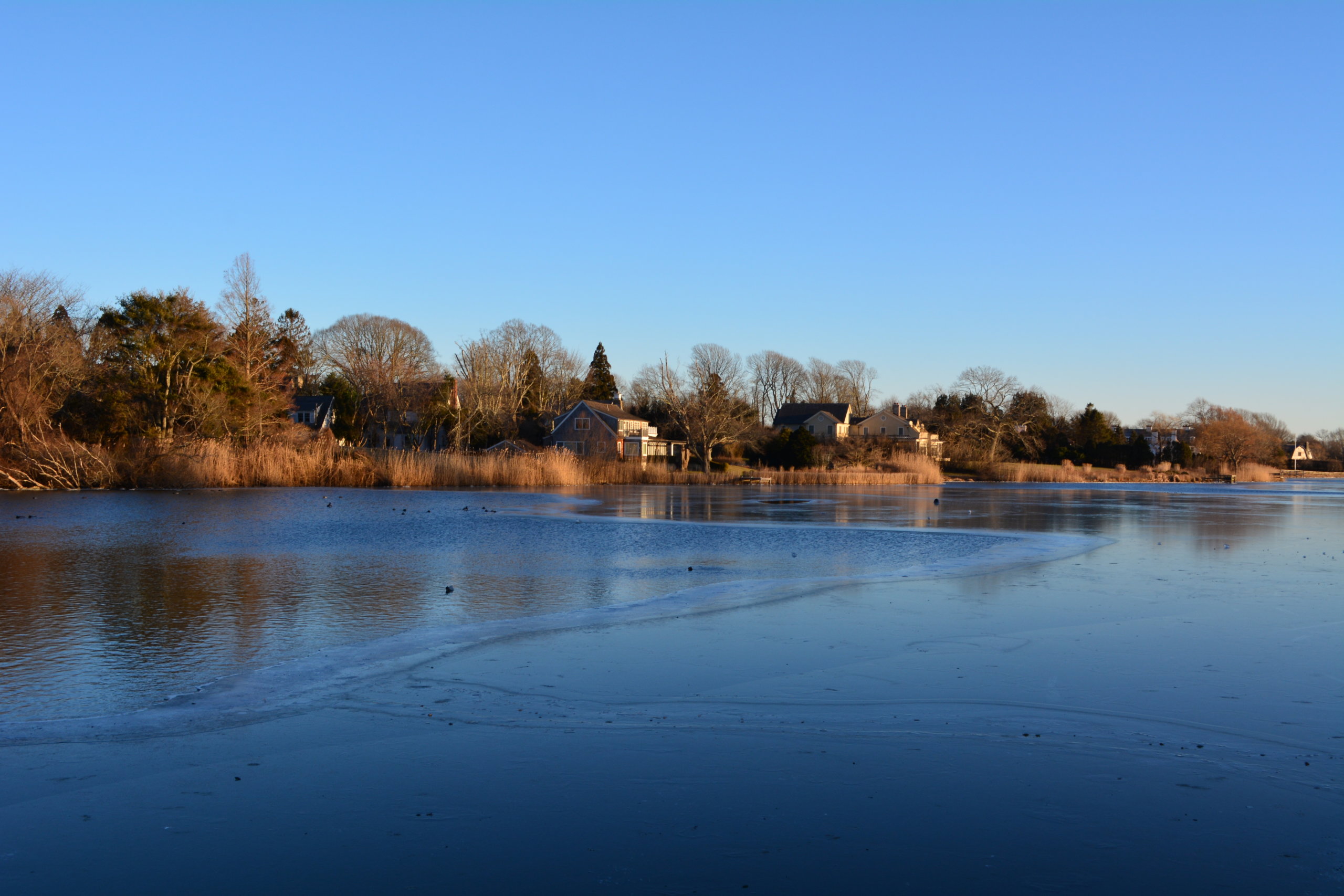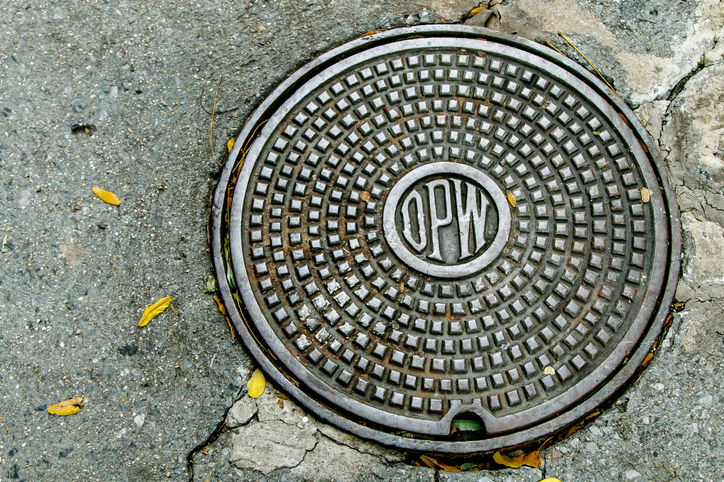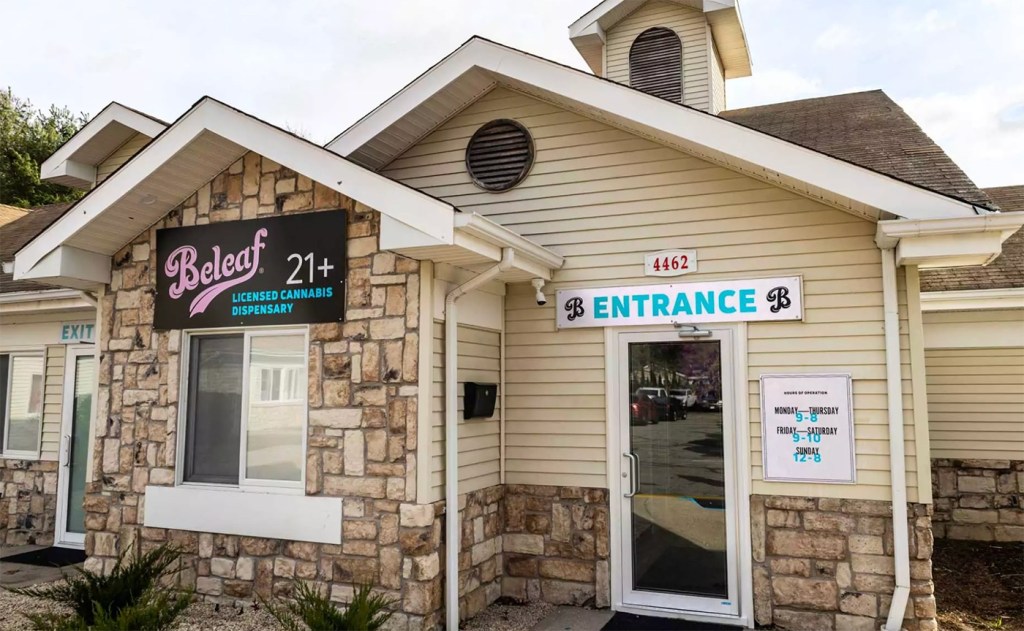Elections 2024: Hamptons Voters to Answer Four Ballot Questions

High-profile election matchups are getting most of the attention this campaign season, but Hamptons voters will also decide the fate of four propositions found on the back of ballots this Election Day.
Town of East Hampton voters will consider a proposition on whether to use part of a nature preserve to reconfigure a problematic intersection. In the Town of Southampton, voters will be asked whether or not to approve a land swap that would help advance efforts to improve water quality in Lake Agawam in the Village of Southampton. Voters across the East End will also have a chance to weigh in on the proposition to increase the Suffolk County Drinking Water Protection Program sales tax by 1/8th of a percent to establish a new Water Quality Restoration Fund. And local voters will additionally decide the outcome of the proposed Equal Rights Act amendment to strengthen New York State constitutional protections against discrimination.
The referenda come as former President Donald Trump tops the Republican ticket in the presidential race against Democratic rival Vice President Kamala Harris, with voter turnout expected to be higher this year, likely impacting races further down the ballots — and on the flip side, too. Local voters will also be casting ballots for state Assembly, state Senate, congressional seats, and some town races this cycle.
Here is a look at the propositions that many East End voters will find at polling places when the nine-day early voting period starts on Oct. 26, which is also the state’s voter registration deadline. Election Day is on Nov. 5. For more information on where to register and local polling locations, visit the Suffolk County Board of Elections website suffolkvotes.com
TOWN OF EAST HAMPTON PROPOSAL
Voters in East Hampton will decide whether the town should discontinue a parcel of land currently designated as a Town Nature Preserve and transfer it to Suffolk County.
The land, located at the intersection of Three Mile Harbor Road, also known as County Road 40, and Springs-Fireplace Road, also known as County Road 41, would be used for a roadway improvement project aimed at reducing traffic delays and addressing public safety concerns. The proposition asks whether the town should move forward with the land transfer for the project.
Town of East Hampton Supervisor Kathee Burke-Gonzalez, who was elected in 2023, has expressed support for the proposal, saying in July that it “would significantly improve traffic flow, safety, and improve the overall quality of life for our residents.”
“Ultimately, the voters will decide whether to convey the property located at the intersection of North Main Street, Three Mile Harbor Road, and Springs Fireplace Road to Suffolk County to enhance safety and reduce traffic delays,” Burke-Gonzalez said in a statement to Dan’s Papers. “If the referendum passes, Suffolk County will evaluate and act on the best approach, whether it be a roundabout, a traffic signal, or another solution, as they would be funding the improvement as part of the CR40 reconstruction project.”
The proposal is also supported by Manny Vilar, chairman of the East Hampton Town Republican Committee.
“With the added increase of traffic, especially post-COVID, and due to our many new residents, it’s imperative that town infrastructure be updated to accommodate an ever-growing population, and that extends far beyond traffic to sewers to protect our bays and harbors and other critical infrastructure needs,” Vilar said. “As someone who is 60 years old and grew up out here, I feel this is necessary.”

TOWN OF SOUTHAMPTON PROPOSAL
A proposed local law in Southampton seeks approval for the temporary alienation and discontinuance of Community Preservation Fund (CPF) parkland at 43 South Main Street.
The 69,989-square-foot property would be used for a water quality improvement project. In exchange, the town plans to purchase and add an additional 209,864 square feet of parkland and clean up Lake Agawam. The law asks residents to approve this land swap, with both properties located within the Village of Southampton.
Southampton Village Mayor William Manger Jr. expressed support for the proposal to Dan’s Papers.
“It allows us to temporarily place the algae harvesters — that are paid for with a federal grant, as well as a Town CPF grant — in Dosher Park next to Lake Agawam so that we can begin filtering 3 million gallons of water a day to clean the water of Lake Agawam, which has gotten some press over the years for not being one of the cleanest bodies of water around. So that’s a huge benefit,” Manger said. “It will be acting like a giant aquarium filter that is going to take the algae out of the water, and then that algae is going to be carted away once they collect it. I hope that everyone in the town votes for the land swap so that we can help clean up Lake Agawam and get some additional parkland.”
Neither the Southampton Town Board nor the supervisor responded to a request for comment about the proposal, but Gordon Herr, chairman of the Southampton Town Democratic Committee, said the proposal has bipartisan support at multiple levels of local government.
“The Village of Southampton supports it, and the town supports it,” Herr said. “The Democratic Town Board, including the one Republican, supports it. It’s a simple decision to make on that one.”

SUFFOLK COUNTY PROPOSAL
The New York State Legislature and the Suffolk County Legislature both have approved legislation that would create a $3-to-$4-billion Suffolk County Water Quality Restoration Fund to expand wastewater treatment systems and replace antiquated septic systems with high-tech nitrogen removal systems. Now, voters must approve it to become law.
The 1/8th of a percent sales tax increase would advance the implementation of the previously approved Suffolk County Subwatersheds Wastewater Plan that maps out a comprehensive wastewater treatment infrastructure roadmap over the next half-century. It would also create a county-wide wastewater management district.
“The Suffolk County Water Quality Restoration Act is the most important environmental measure to be approved for Suffolk County since the Pine Barrens Protection Act in 1993,” said State Assemblyman Fred W. Thiele, Jr. (D-Sag Harbor). “The Pine Barrens Act protected 100,000 acres of land and protected our deepest groundwater recharge areas. However, despite these efforts, water quality across Long Island has continued to decline because of the negative impacts of legacy development on our groundwater. The Suffolk County Water Quality Restoration Act will complement the Pine Barrens Act by providing the resources to remediate existing wastewater treatment infrastructure to finally reverse this trend and clean up our bays, creeks and groundwater.”
The plan comes as the county tries to make up for lost time since sewer expansion plans were shelved decades ago, resulting in about 74% of homes in Suffolk currently using outdated cesspools and septic systems that are leaking significant amounts of nitrogen, which has caused polluted drinking water and toxic algae blooms that collapsed local shellfish populations.
NY STATE PROPOSAL
The New York Equal Protection of Law Amendment has already been passed by the State Legislature, but it must be approved by voters statewide in order to be officially adopted as an amendment to the state constitution.
According to its supporters, the amendment would greatly expand on protections codified in the state’s 1938 Equal Rights Amendment (ERA), which prohibits discrimination based on race, color, creed or religion — but not sex or gender. The new amendment as much broader, noting that it includes protections against discrimination on the basis of sex, sexual orientation, gender identity or expression, ethnicity, national origin, age, disability, pregnancy, reproductive healthcare and autonomy.
“The Equal Rights Amendment basically bans discrimination,” former U.S. Rep. Carolyn Maloney (D-Manhatan) said during a discussion on the topic in Wainscott that the League of Women Voters of the Hamptons, Shelter Island, and the North Fork hosted.
If voters pass the referendum this November, New York will join 21 other states that currently have a state-level ERA, experts say. A federal constitutional amendment making ERA the law of the land has long languished in Congress.
-With Marc Horowitz



